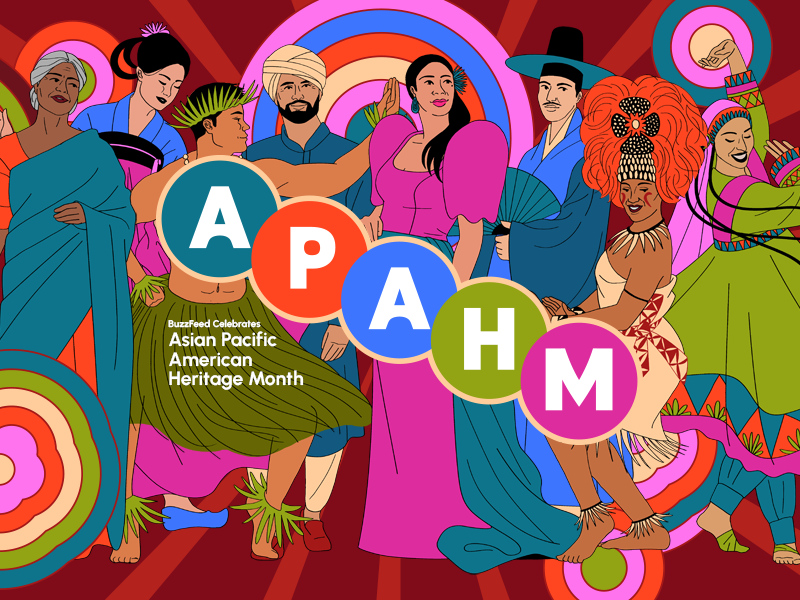I Recently Became A Samoan Chief, And It Changed My Life Forever
When I was in elementary school, I would dance around our living room, somewhat bragging to my sister to the tune of The Lion King's "I Just Can’t Wait to Be King" that "I just can’t wait to be chief." It was during this time that my mom was getting ready to head back to her home of Samoa, specifically Palauli in Vailoa on the island of Savai’i. As a kid, the concept that my mom was going to become a matai (chief) was extremely foreign to me.
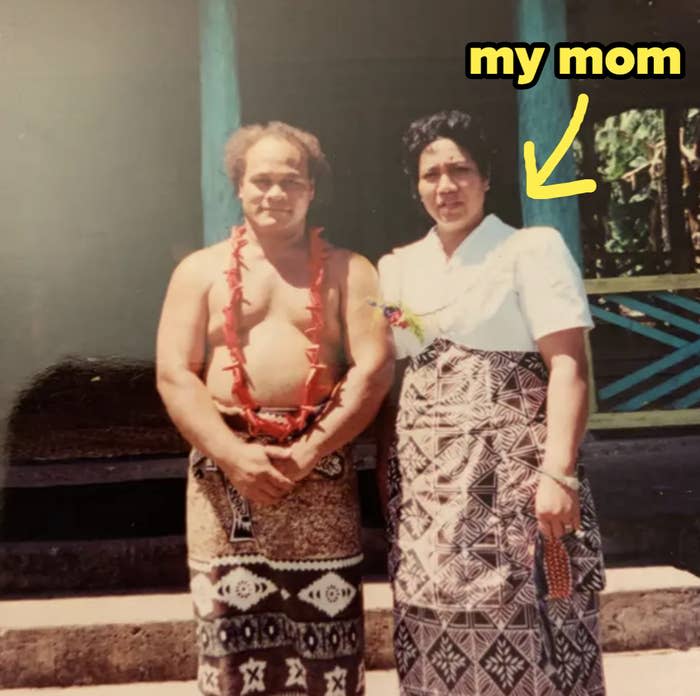
I was a biracial kid growing up in a small town in the US and had no idea what it meant to be a matai. What I did know is that I looked forward to becoming one. I remember asking my mom, "Will I get to be chief after you?" When she said I would, I was so excited. However, it wouldn’t be until years later that I would truly understand what that meant.
Throughout my childhood, I wasn’t raised within the Samoan culture. Like many immigrants, my mom’s thought was "Do as the Romans do." Or in this case, do as the Americans do. Did that mean we had a typical American upbringing? In a sense, yes, but in a sense, no. My dad is from Aotearoa (New Zealand), and so between him, my mom, and the culture of our American town, I tell people we were raised here in the US with Samoan values.
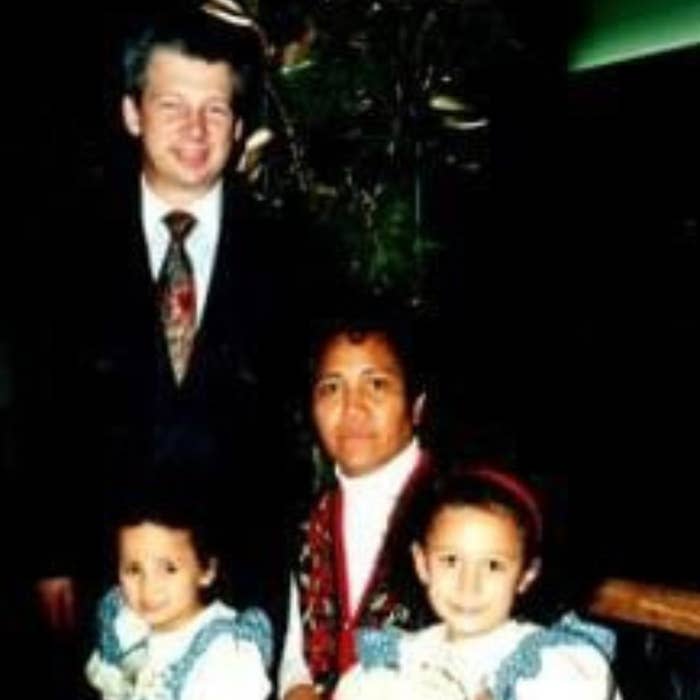
Church comes first, then there’s family, then your schooling, and then any other accomplishments.
It wasn’t until I was in my mid-20s that I began to learn more about my Samoan heritage and what it means to carry the Samoan culture. That’s when I started my blog, Sipping Koko, to connect with islanders and learn more about not just my Samoan heritage but also our other Pacific Islands. I started to learn more and more about what it means to become a matai. To not just care for your family and your village but also for Samoa and the legacy of our people.
When my mom approached me about passing her title down to me, I knew that I was ready. While I still have much to learn, I felt I had done the work in order to earn this sacred title and honor. So my family and I packed our bags and headed to Samoa for a family reunion and the matai ceremony.
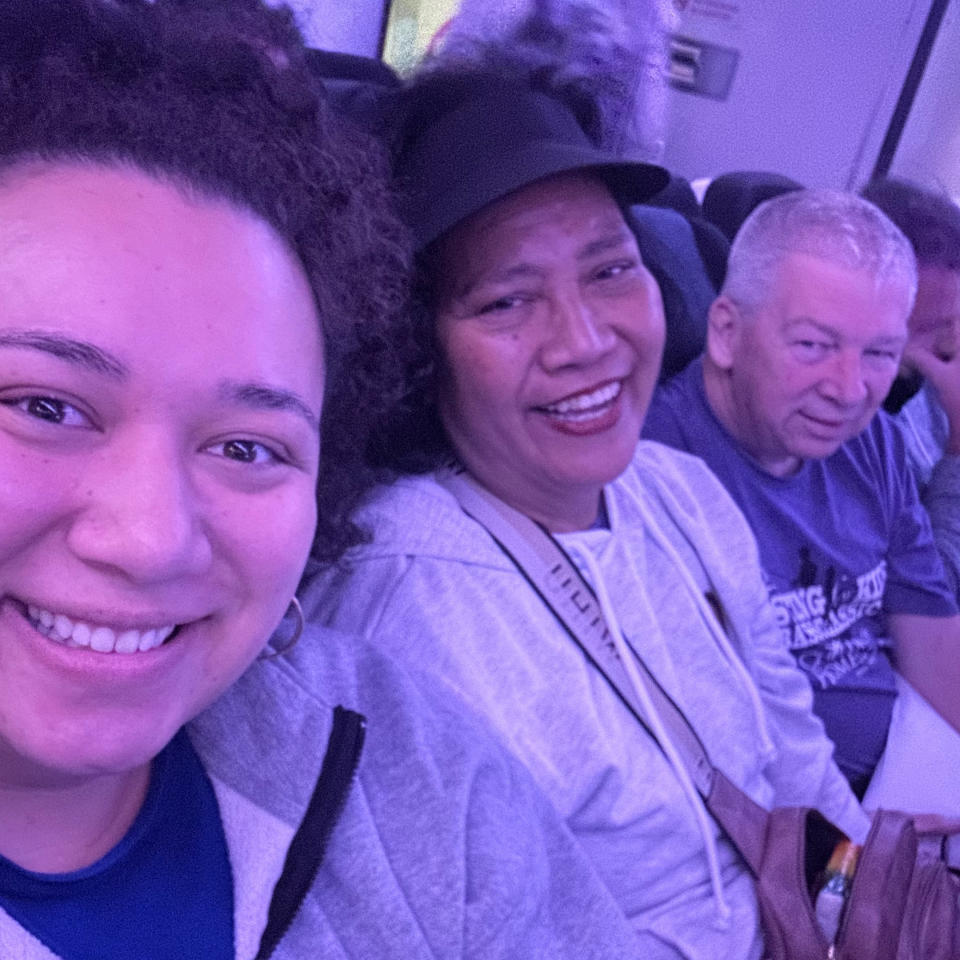
After the reunion festivities, we got the ferry to travel from Upolu to Savai’i and met up with our cousins in Palauli at the house where my mom grew up. It was so surreal to be there. Whenever I’m on the island, I feel as if my soul comes alive, and part of me truly feels at home. It’s as if the ancestors are giving you a hug and welcoming you home. And being on the exact land of my ancestors, it felt like a spiritual moment.
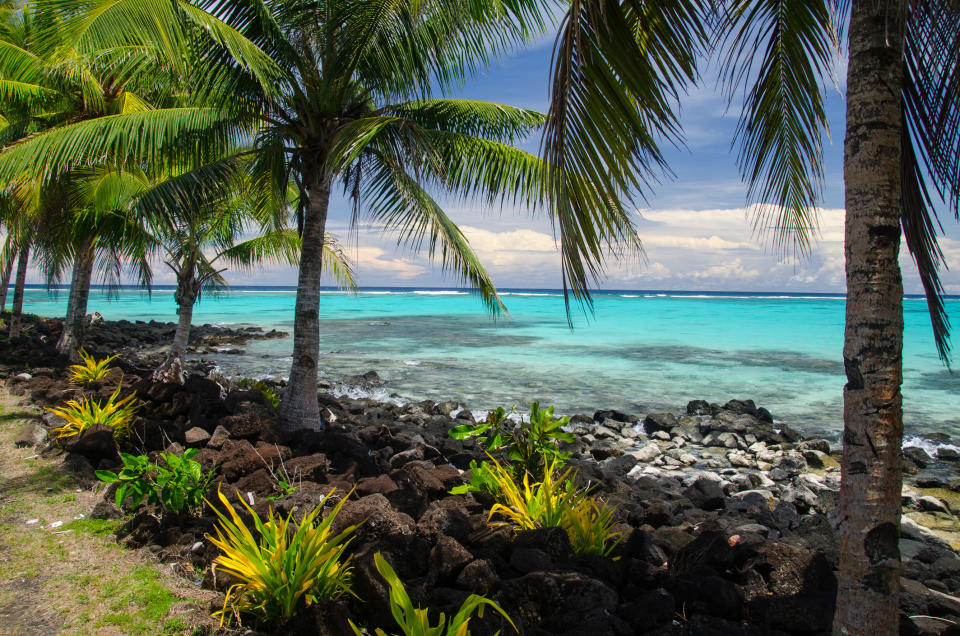
Each village and family is different in how they handle the passing down of matai titles. For our family, we share the title, so there were many of us receiving the title of Pula that day. This particular title means that we are the orators or the speaking chief. We help tell the village the wishes of the high chief, and we assist when there are disputes.
On the morning of the fa'amatai ceremony, the elders of the village wanted to begin at 4 a.m. It was raining, still pitch black outside, and the moon and stars were not out to light up the sky. The rain brought the reverence to the day. When we arrived at my mom’s childhood home, those receiving the Pula title wore the ceremonial dress: a crown with beads, silks around your waist, a pulatasi for women, and lavalava and shirt for men.
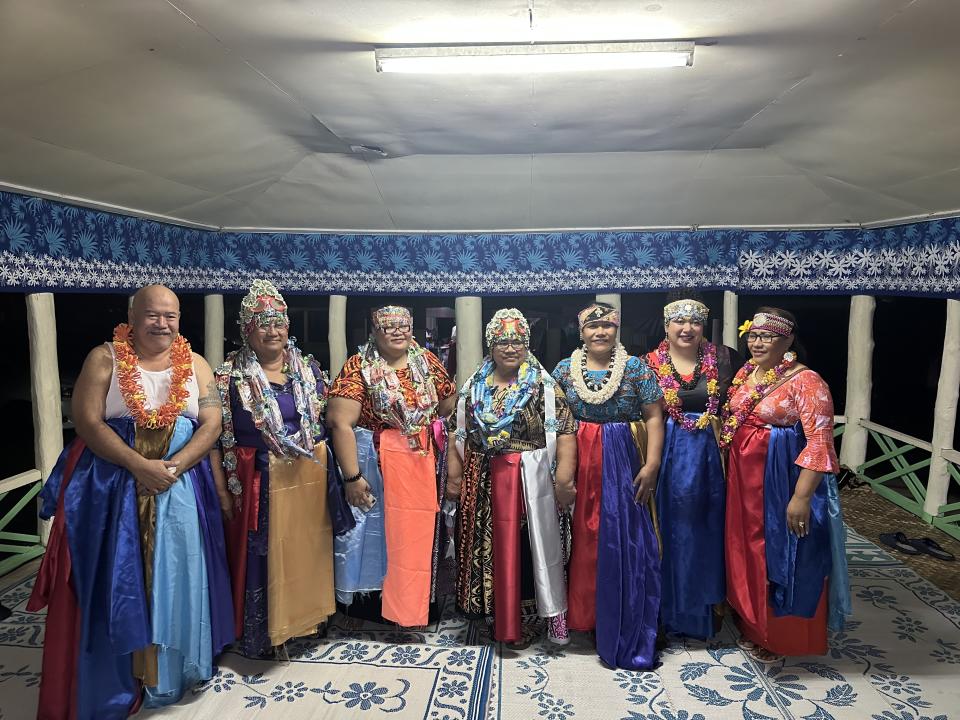
The high chiefs came to the fale (house) like dark pillars of legacy. With the rain and thunder outside, it was almost as if the ancestors had joined them. Each step felt like the giants whose shoulders we were about to stand on to uphold many generations of tradition and culture. As the high chiefs gathered in and sat around the fale, the preacher took his place.
The ceremony for receiving our titles was very much like that of the church. The preacher spoke about the responsibility of taking this on. He then blessed us, and we said thank you to God, our village, and our family before drinking the kava given to us. We signed papers and gave the money for our titles, making it official. That feeling was truly exhilarating because there aren’t many women matai in Samoa. To this day, some villages don’t allow women to hold titles. I’m so grateful to come from a village that does give me the opportunity to serve them.
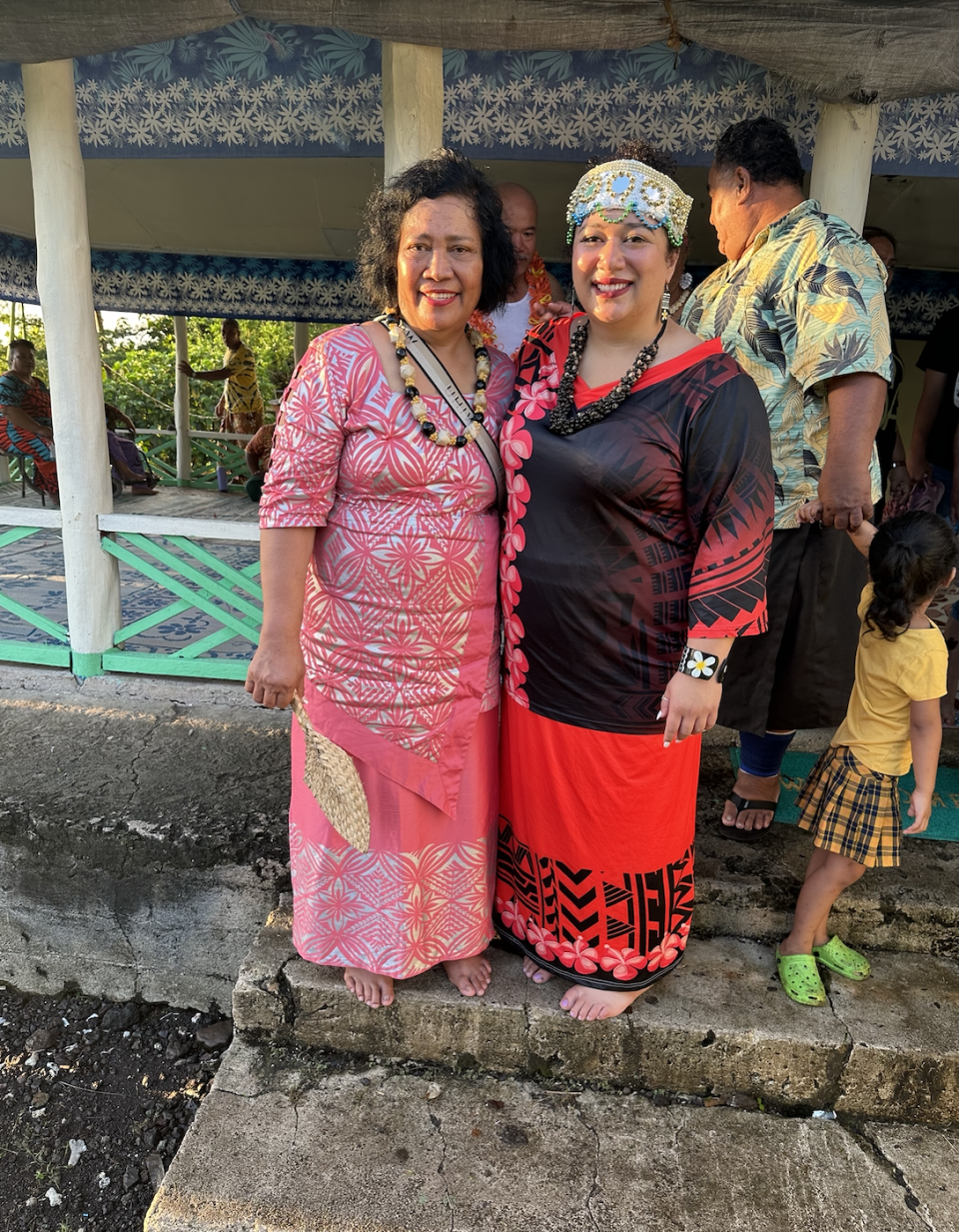
Becoming the matai of your village is a great honor and one I don’t take lightly, even though I live in Nashville, Tennessee. I am glad to share the title of Moananu Pula with others in my family. We live all over the world, so I feel as if we can serve our village on the island and our village in the diaspora. No matter where I am, I will always carry my island with me.

There’s a Samoan saying that goes, "Tautua nei mo sou manuia a taeao," which translates to English as "serve now for a better tomorrow." I love continuing to educate and spread awareness of my beautiful culture and heritage. Passing down this knowledge is something I take to heart. We might come from a small island, but we have big pride in where we come from. Forever and always Samoa Mo Samoa.
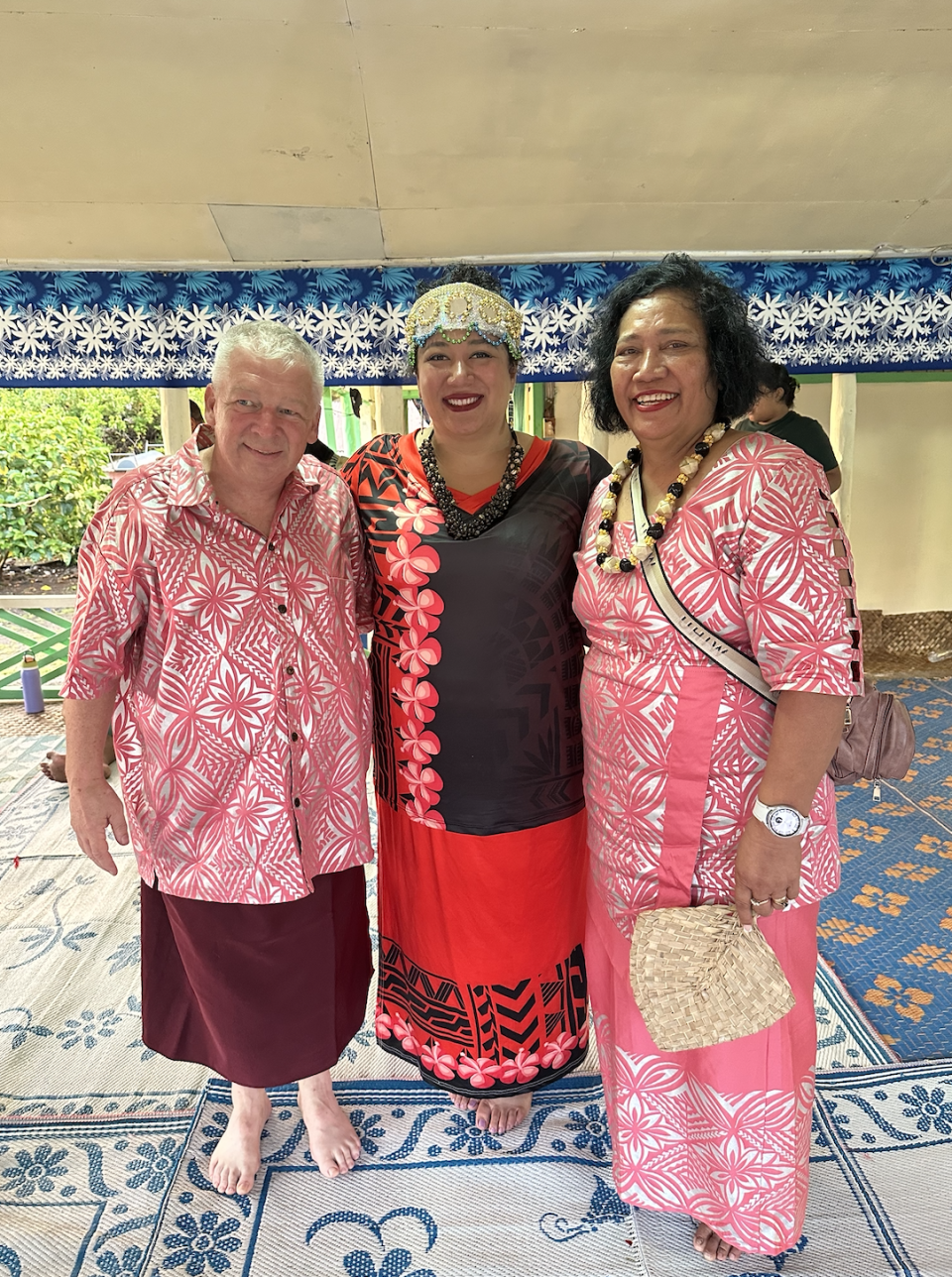
Check out more API-centered content by exploring how BuzzFeed is celebrating Asian Pacific American Heritage Month! Of course, the content doesn't end after May. Follow BuzzFeed’s A*Pop on Instagram, TikTok, and YouTube to keep up with our latest API content year-round.
